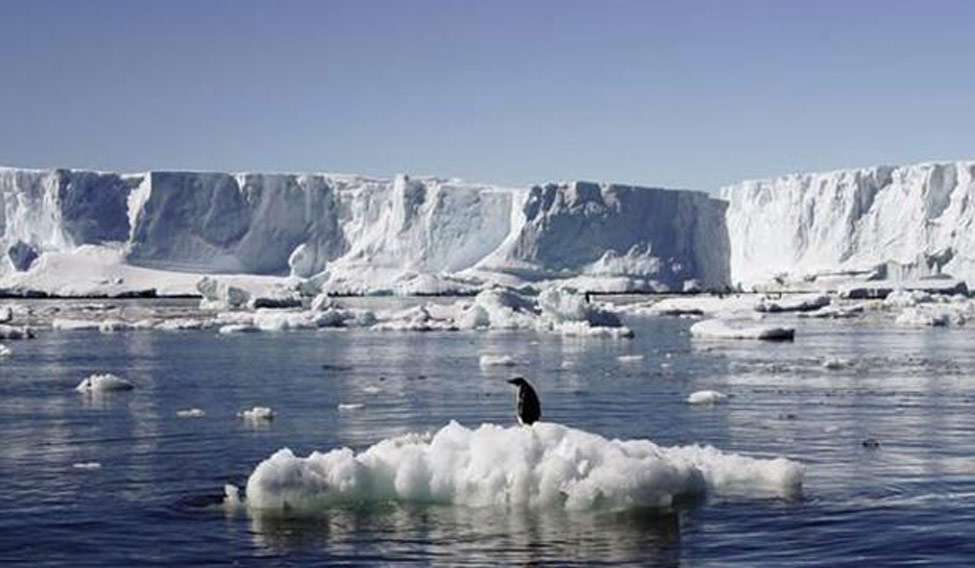Scientists have uncovered the largest volcanic region on Earth―consisting of almost 100 volcanoes two kilometres below the surface of the vast Antarctic ice sheet.
Researchers at Edinburgh University in the UK revealed a staggering 91 volcanoes, adding to the 47 others that had been discovered previously, with the highest as tall as the Eiger, which stands at almost 4,000 metres in Switzerland.
The newly discovered volcanoes range in height from 100 to 3,850 metres. All of them are covered in thick layers of ice.
These active peaks are concentrated in a region known as the west Antarctic rift system, which stretches 3,500 km from Antarctica's Ross ice shelf to the Antarctic peninsula, researchers said.
"We had not expected to find anything like that number. We have almost trebled the number of volcanoes known to exist in west Antarctica," Robert Bingham, from University of Edinburgh, told The Guardian.
"We also suspect there are even more on the bed of the sea that lies under the Ross ice shelf, it is very likely this region will turn out to be the densest region of volcanoes in the world, greater even than east Africa, where mounts Nyiragongo, Kilimanjaro, Longonot and all the other active volcanoes are concentrated," said Bingham.
Researchers said that any activity of this range may have crucial implications for the rest of the planet.
"If one of these volcanoes were to erupt it could further destabilise west Antarctica's ice sheets. Anything that causes the melting of ice―which an eruption certainly would―is likely to speed up the flow of ice into the sea," said Bingham.
Researchers also pointed to an alarming trend that most volcanism in the world at present is in regions that have only recently lost their glacier covering after the end of the last ice age. This could happen in west Antarctica, where significant warming in the region caused by climate change has begun to affect its ice sheets, researchers said.





